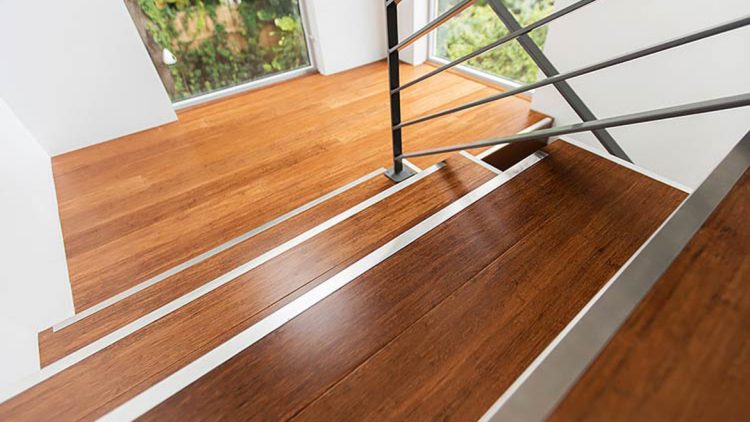What Are The Advantages and Disadvantages of Bamboo Flooring?
Bamboo flooring is a popular alternative to traditional hardwood flooring due to its sustainability and unique aesthetic. Here are the key advantages and disadvantages:
Advantages of Bamboo Flooring:
- Eco-Friendly:
- Sustainable: Bamboo grows rapidly and can be harvested in 3-5 years, making it a more renewable resource compared to hardwoods that take decades to mature.
- Reduced Deforestation: Bamboo cultivation can help reduce the pressure on forests.
- Durability:
- Hardness: High-quality bamboo flooring can be very hard and durable, especially when made from the harder bamboo species like Moso.
- Resistant to Scratches: Bamboo is naturally resistant to wear and tear.
- Aesthetics:
- Unique Look: Bamboo flooring offers a distinctive look with its natural grain patterns and colors.
- Variety: Available in different styles, colors, and finishes, including traditional vertical and horizontal grain and more modern strand-woven options.
- Easy Maintenance:
- Cleaning: Bamboo floors are relatively easy to clean and maintain. Regular sweeping and occasional mopping with a damp cloth are usually sufficient.
- Cost-Effective:
- Affordability: Bamboo flooring can be more affordable than many traditional hardwoods, making it a budget-friendly option.
- Installation:
- Ease: Bamboo flooring is generally easy to install, with options for glue-down, nail-down, and floating installations.
Disadvantages of Bamboo Flooring:
- Susceptibility to Moisture:
- Water Sensitivity: Bamboo can be sensitive to moisture and humidity, leading to potential warping or swelling if not properly sealed or maintained.
- Quality Variability:
- Inconsistency: The quality of bamboo flooring can vary significantly between manufacturers. Lower-quality products may be prone to damage or have inconsistent finishes.
- Scratch and Dent Issues:
- Softness: While bamboo is durable, some types (especially those that are not strand-woven) can be prone to scratching and denting, particularly in high-traffic areas.
- Environmental Concerns:
- Processing Chemicals: Some bamboo flooring products use adhesives and finishes that may contain formaldehyde or other chemicals, which can affect indoor air quality.
- Color Changes:
- Fading: Bamboo can change color over time due to exposure to sunlight, which may lead to uneven coloring if not properly protected.
- Sound:
- Acoustics: Bamboo floors can sometimes produce more noise when walked on compared to softer flooring materials.
- Resale Value:
- Market Perception: In some markets, bamboo flooring may not have the same resale value as traditional hardwood floors.
Overall, bamboo flooring can be an excellent choice for those looking for an eco-friendly, stylish, and cost-effective option. However, it is essential to consider the specific needs of your home and environment and choose a high-quality product to maximize its benefits.
Urban Customs Installs Hardwood Flooring In Phoenix, Arizona
At Urban Customs we offer all types of flooring installation in Phoenix, Arizona, including Wood flooring, stone flooring, and bamboo flooring. Request a free flooring installation quote from Urban Customs today! Our address is 8050 N 19th Ave #127, Phoenix, AZ 85021.[/vc_column_text][/vc_column][/vc_row]
0


